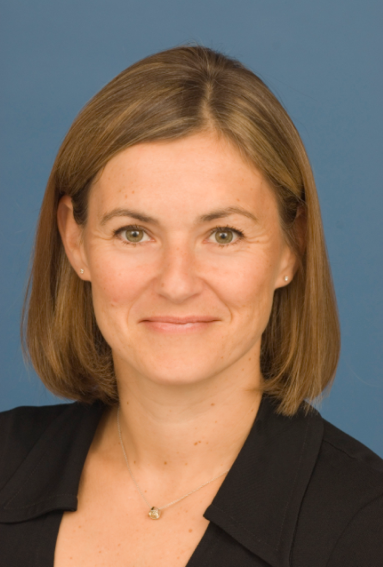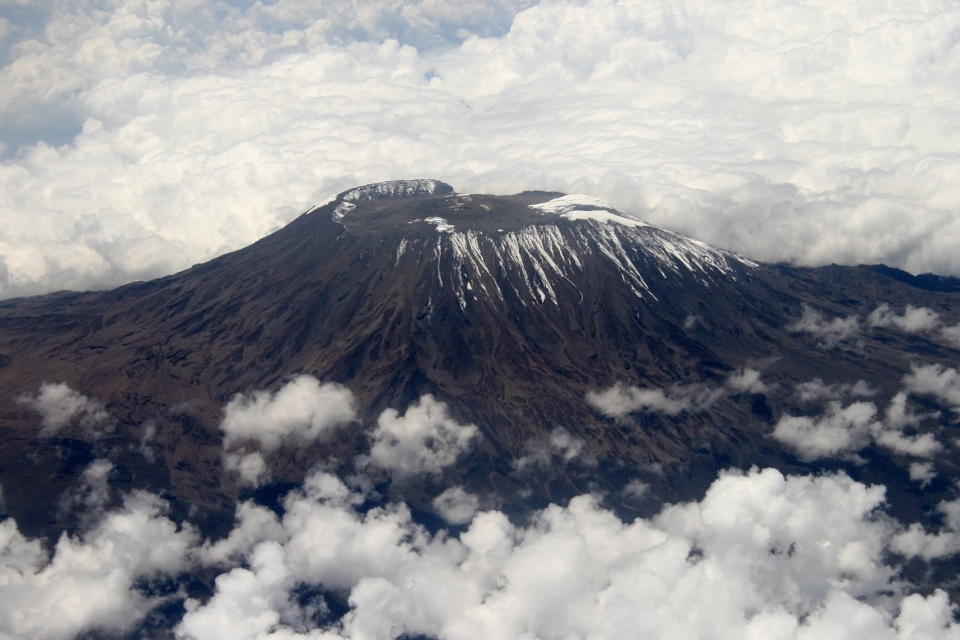IISTP Welcomes New Faculty
The Elliott School welcomes Sharon Squassoni, incoming research professor of practice at the Institute for International Science and Technology Policy (IISTP). A former senior associate for nuclear policy programs at the Carnegie Endowment for International Peace, Squassoni has advised Congress as a senior specialist in weapons of mass destruction at the Congressional Research Service. She has also served in nuclear nonproliferation and policy planning positions at the State Department and at the Arms Control and Disarmament Agency. As a member of the Bulletin of the Atomic Scientists Science and Security Board, Squassoni was recently in the news for her role in the Bulletin’s announcement that it has moved its Doomsday Clock to 2 minutes before midnight, citing North Korea’s recent missile tests and the world’s lack of progress in confronting climate change. In addition to her academic credentials, Squassoni is also an accomplished cyclist, musician, and long-time Ashtanga yoga teacher. Read more about Squassoni in a recent Q&A with the incoming professor.
Q: When did you start becoming interested in science?
A: I’m a political scientist who has always gravitated toward technical issues and always really enjoyed working with experts who had technical backgrounds. I’ve been fortunate to work with some terrific physicists, chemists and engineers for decades and more recently, on the Science and Security Board of the Bulletin of Atomic Scientists.
Q: What, from your perspective is the greatest short-term and long-term threat facing the US and/or the world?
A: I’ve devoted my professional life to reducing risks from nuclear weapons. Those pose some obvious short- and long-term threats to the future of humanity. I’d say, however, that the longer term threat really is from climate change. In addition, emerging technologies like artificial intelligence and bioengineering will challenge our capacity to manage them in ways that we may not yet understand.
Q: In your your Twitter profile, you are a self-described mom, yogi, cyclist, and musician. Can you elaborate on some of your hobbies?
A: Yoga is a longtime habit and I’ve been teaching Ashtanga yoga for almost twenty years now. I’d have to say that my favorite poses generally find me upside down and balancing precariously. My favorite place to cycle on the road is out in the Maryland countryside but my true love is cyclocross. From September to December, you can find me at most cyclocross races within a 50-mile radius of DC. As for musical instruments, I play the flute and piano and a bunch of other things badly.
Q: What are you most looking forward to about working at GW?
A: I’m looking forward to sharing ideas and experience and research with students and other professors in the Institute and more broadly, within the Elliott School.


